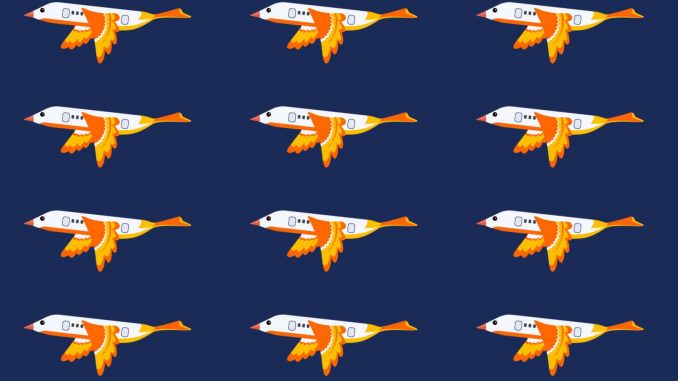
Das erste Wort des Jahres ist da: Das britische Cambridge Dictionary hat sich für das Verb „to hallucinate“ entschieden. Gemeint ist das bekannte Halluzinieren der Künstlichen Intelligenz (KI), die gelegentlich ohne erkennbaren Grund völlig durchgeknallte Vorschläge macht – auch bei Übersetzungen.
In der Mitteilung heißt es:
Why hallucinate?
The potential of generative artificial intelligence continues to be a lively topic of discussion. The surge of interest this year has been prompted by an abundance of tools being released for public use, such as ChatGPT, Bard, DALL-E, and BingAI, all of which depend on large language models (complex mathematical representations of language that are based on very large amounts of data and allow computers to produce language that seems similar to what a human might say).
With this new technology comes new language. Throughout 2023, the Cambridge Dictionary lexicographers have added new AI-related definitions to the dictionary, including large language model (or LLM), generative AI (or GenAI), and GPT. Many existing words, such as hallucinate, have adopted additional AI-related meanings this year as well.
The Cambridge Dictionary team chose hallucinate as its Word of the Year 2023 as it recognized that the new meaning gets to the heart of why people are talking about AI. Generative AI is a powerful tool but one we’re all still learning how to interact with safely and effectively – this means being aware of both its potential strengths and its current weaknesses. […]
AI hallucinations remind us that humans still need to bring their critical thinking skills to the use of these tools. Large language models are only as reliable as the information their algorithms learn from. Human expertise is arguably more important than ever, to create the authoritative and up-to-date information that LLMs can be trained on.
Wendalyn Nichols, Publishing Manager, Cambridge Dictionary:
At Cambridge, we’re in the business of providing authoritative information about language for learners of English, so we’re excited by the potential of AI-enabled access to our content. Managing the tendency of generative AI tools to hallucinate will be key to ensuring our users can continue to trust us.
The emergence of a new meaning of hallucinate is a great case in point. It’s human experts tracking and capturing changes in the language that make the Cambridge Dictionary a trustworthy source of information about new words and senses – ones the public-facing AI tools won’t have learned yet.
rs
